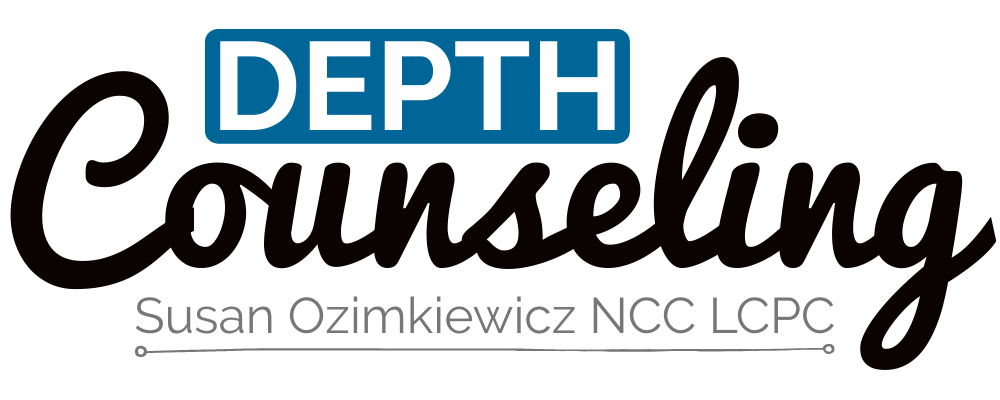Selflessness vs. Selfishness In The Helper
“Sometimes you have to be selfish to be selfless.” ─ Edward Albert
Many times my clients have wondered out loud in their session if they are selfish. As we start to explore their perception of what it means to be selfish vs. selfless, a personal feeling of conflict or confusion sets in. It is hard to know about their true helping intention for themselves or others. Some of my clients have been care-taker helpers, and they are angry. They are annoyed and frustrated because they feel neglected themselves, like a servant who is no longer serving, taken for granted, unappreciated, and feel invisible. This is not a selfish or selfless service. Now there are care-taker issues that have arisen into their conscious awareness. There is a need to figure it out.
Selfishness is about egotistical and egocentric behaviors such as self-gratification, self-seeking for one’s own benefit, and exalting one’s elf above others. At the same time, this type of helper sees others as less than, and not capable. The helper acts as if they are the only one who knows what is best for another person and doesn’t want to spend the time teaching them anything. Selflessness contains unselfish qualities and attitudes like generous, noble, magnanimous, kind, thoughtful, considerate, and an altruistic sense of self-sacrifice. Selfish and selfless are a set of opposites that a person will move back and forth through, from time to time. Sometimes not even aware that they are doing this.
The Selfish Helper
“Give a man a fish and you feed him for a day; teach a man to fish and you feed him for a lifetime.” ─ Maimonides
This type of helper wants to alleviate the suffering of another by lending a hand, giving a hand-out or up to someone whom they have seen or judged to be in need of their assistance. They alone are the only one who can step in to help out. The selfish helper does something for the person that the person actually needs to do for themselves. This is enabling the person that they are helping to remain undeveloped, childlike, needy, immature, and irresponsible as they come to rely and depend on the helper as the person who will do it for them. Over time, the helper feels powerful and superior. This experience of superiority is fed by the good feeling the helper receives from their inappropriate helping. I am not talking about accidents, earthquakes, fires, floods, war or a person having a heart attack, stroke, can’t breathe. These are events that need everyone’s help. They need supporting helpers because the affected people are overwhelmed and literally can’t help themselves.
Ask yourself the following questions about your own need to help.
When I am wanting to help another am I giving a hand-out or up?
Am I feeling driven, pressured, or pushed from within myself to take over?
Have I been asked for my help?
Am I on the lookout for people who I think need fixing or rescuing?
Is there a heady feeling of superiority when I am helping?
Can I receive help from others?
When someone wants to help me do I feel inferior or insecure?
For instance, this type of critical and judging helper might decide that a family member or a friend need therapy and will call to make an appointment for them. It never occurs to the helper that they may need to work on their own issues as they focus on what they have decided is wrong with the other person. The people who step in and decide for another are neglecting their own life’s concerns and problems. These are the people that need to be selfish for themselves.
The Right Kind of Selfless Helper
This is about the attitude that is held in your own conscious mind. There is now an awareness toward yourself and others. It is important to stop doing it for them. Because you can currently recognize the opportunity for growth that is presented to the one you think needs your help. This happens by letting the other person discover their own innate resourcefulness. You can help them find their motivation, and individual ability to figure out their particular right solution. You can help them take responsibility for his or her life by asking questions such as “What do you think you need to do?”
Here are some more real helping questions that can support and encourage people to discover for themselves their own right solution for their personal problems.
What are your options?
What is the very first thing you need to do?
What other steps can you take to get there?
What resources are available to you?
What is your plan or goal?
What has this problem been like for you?
“Anger the rise of anger the initial cause of anger is selfishness. Peace the rise of peace the initial cause of peace is selflessness.” ─ Venerable Wuling, Path to Peace
© Ozimkiewicz







